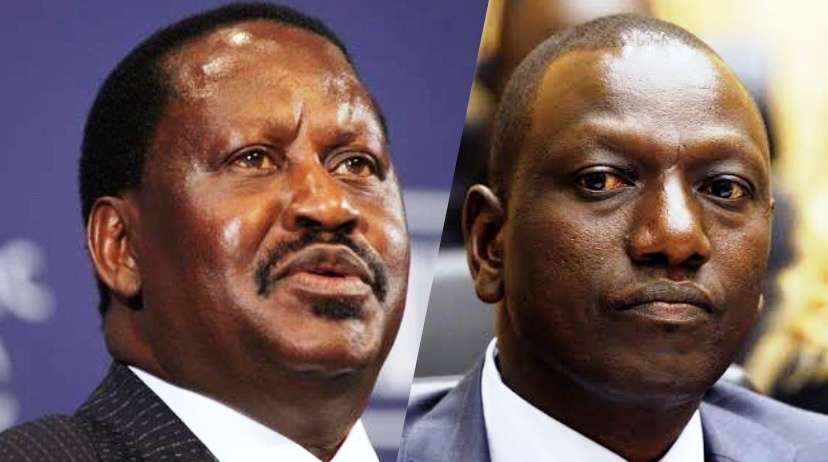Senators and Members of the National Assembly are preparing for mediation regarding the Division of Revenue Bill after the Senate rejected President William Ruto’s proposal to reduce the shareable revenue from Ksh 400.1 billion to Ksh 380 billion. This decision came after 28 senators voted to maintain the original figure of Ksh 400 billion, despite the National Assembly’s support for the proposed cut.
Notably, no senator opposed the bill during this voting process. The Ksh 400.1 billion figure was initially agreed upon during mediation between the two houses, although senators had originally proposed a higher amount of Ksh 415 billion as the sharable revenue.
The vote was prompted by Mandera Senator Ali Roba, who chairs the Committee on Finance and Budget. He moved amendments that retained the sharable revenue at Ksh 400.1 billion while suggesting a reduction in the total sharable revenue for the National Government from Ksh 2.6 trillion to Ksh 2.2 trillion. Roba explained that his committee had removed a previous proposal that would have required both counties and the National Government to share the burden of any revenue shortfalls. He stated, “The downward revision of projected ordinary revenue means that we have deleted the proposal that would have seen both counties and the National Government bearing the brunt whenever there is a shortfall because this proposal is not tenable. We have only proposed a reduction of the National Government sharable revenue from Ksh 2.6 trillion to Ksh 2.2 trillion while maintaining the sharable revenue at Ksh 400.1 billion as passed by the initial Division of Revenue Bill.”
Roba’s clarification followed inquiries from Vihiga Senator Godfrey Osotsi regarding the implications of the downward revenue revisions. In July, President Ruto proposed the Ksh 20 billion reduction for the 2024/2025 financial year after he declined to assent to the Finance Bill, which was met with protests from youth groups identifying as Generation Z.
In a formal communication to Parliament, Ruto returned the County Allocation of Revenue Bill for reconsideration, citing the failure to enact the Finance Bill, 2024, which he argued necessitated a reorganization of the government’s financial obligations for the upcoming fiscal year. His memorandum stated, “In exercise of the powers conferred on me by Article 115(1)(b) of the Constitution, I decline to assent to the County Allocation of Revenue Bill, 2024, and refer the Bill for reconsideration by the Senate. I recommend the Bill be amended by deleting the First Schedule and replacing it with a Schedule that is attached to the Memorandum.”





